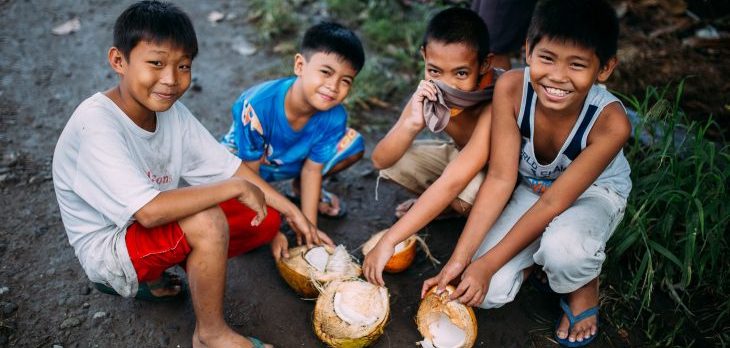Branding your NGO entails choosing what image of your organization to bring to the outside world. Although the members of your NGO know exactly what it stands for, others don’t necessarily. But being able to give that clarity is essential. The NGO world is highly competitive, as everyone is relying on the few same methods for funding, be it crowdfunding or grant applications. That means it is important to stand out.
This competition also entails that the people willing and able to back up your projects, be it donors or individuals, have to choose what NGO to invest in. One factor in that decision-making process is trust.
Conveying trustworthiness is essential for anyone organization, but even more so for ones relying on outside help to bring any project to life. It is, therefore, crucial to put the necessary effort into branding your NGO effectively.
The principles of branding are typically associated with businesses and big corporations, that is, for-profit organizations. Albeit that NGOs have the exact opposite at heart when it comes to money-making, it is just as important for them to keep this notion in mind.
Branding your NGO essentially comes down to conveying a specific message. It is about building recognition. As a result, it is important to develop that message with attention and think of the different means to do that.
Photo
Photography is the most accessible, and therefore widespread, means of establishing a brand. Pictures can establish trust very easily, as they are able to give an accurate representation of the way things are. They are therefore very helpful in documenting the progress of different projects, presenting your team, showcasing the communities you wish to impact, and many others. Any photo can do, but paying attention to quality and aesthetics is also an important aspect of branding. Having someone good with their camera on your team can be an asset, and employing a professional photographer’s services should also not be discounted. Having consistency in the pictures you show the rest of the world can be indicative of professionalism, and therethrough trust.
Video
Videos can achieve the same result as photos when it comes to giving a representation of a project’s progress. Moreover, they are arguably better at conveying trustworthiness as people might expect videos more difficult to forge than pictures. They are considered more honest. However, video is more varied in what it can do. It can, indeed, be an artistic rendition of the work you put into bettering a specific community. However, its potential extends well beyond that. Use video to, for instance, make (mini) documentaries about your organization and its projects. It can be used to interview staff members and community members to get their side of the story. More importantly, it can prove the positive impact you have had on them. Similarly, it is one way of making case studies.
Case Study
Case Studies are a great medium to show off the multiple projects your NGO has worked on, and the ways they have affected those targeted. They are most commonly in text format, however as mentioned above, they could also be achieved through video. A case study in branding terms isn’t just about reporting progress to the donor with a narrative, it’s about telling the success story of the project using various tools and methods to improve your brand power.
Website
All the above-mentioned ways of branding your NGO have to come together on a single platform accessible to all. Your NGO’s website is the one location for that. But it is not just a place to store and display all that information. Your website is a part of your brand, and you, therefore, need to treat it as such. When building your website, the same amount of attention should be dedicated to the message it conveys as, say, the pictures you decide to put on it. It is your first point of contact with your audience and gives them the first impression of your organization.
That is not to say that you have to spend fortunes on web developers, but rather that you make an informed decision within your realm of possibilities.



